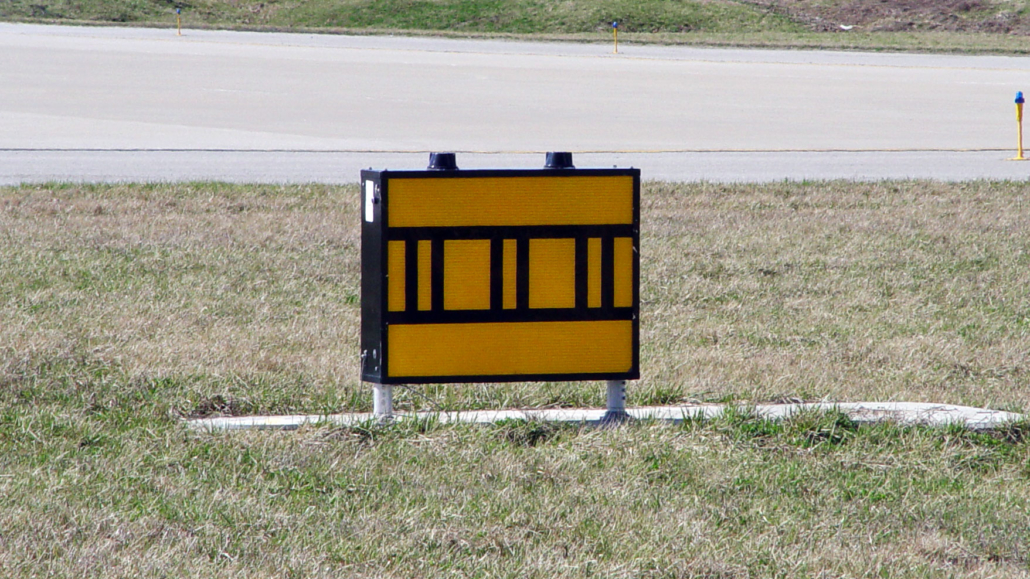ILS Critical Area


ILS Critical Area
The ILS (Instrument Landing System) critical area is a designated area near the localizer and glide path antennas where vehicles and aircraft are excluded during ILS operations to prevent interference with the guidance signals.
Purpose
The critical area is protected because the presence of vehicles or aircraft within its boundaries can cause unacceptable interference to the ILS signal, potentially disrupting the precision guidance provided to landing aircraft.
Location
The critical area is located around the localizer (azimuth guidance) and glide path (elevation guidance) antennas.
Protection
To protect the critical area, vehicles and aircraft are typically prohibited from entering or moving within its boundaries during ILS operations.
Air Traffic Control (ATC) Role
ATC plays a crucial role in protecting the ILS critical area by issuing instructions to pilots to hold short of the critical area when an aircraft is on an ILS approach, especially when weather conditions are below a certain threshold (e.g., ceiling less than 800 feet or visibility less than 2 miles).
Significance
Proper protection of the ILS critical area is essential for ensuring safe and reliable ILS operations, particularly during low-visibility conditions when pilots rely heavily on the ILS guidance for landing.
Related Terminology
- ILS Sensitive Area – An area extending beyond the critical area where vehicle movement and parking are also controlled to further minimize the potential for interference.
- Holding Position Markings – Yellow markings on taxiways that indicate where aircraft must stop before entering the ILS critical area.
Factors Affecting ILS Critical Area
The size and shape of the ILS critical area can vary depending on factors such as the type of ILS equipment, the aircraft sizes, and the airport geometry.
